Orhun Aydin
Assistant Professor, Earth and Atmospheric Sciences, Saint Louis University
Assistant Professor (by courtesy), Computer Science , Saint Louis University

Des Peres Hall 202C
3672 West Pine Mall
St. Louis, MO 63108
I am an Assistant Professor in the Department of Earth and Atmospheric Sciences and Computer Science (by courtesy) at Saint Louis University. My research focuses on spatial machine learning (GeoAI) and geospatial sensor networks for computational sustainability and resilience. I use a variety of Earth observations, in-situ measurements, physical process models, and spatially-explicit artificial intelligence (now broadly known as GeoAI) to answer questions pertinent to sustainable development goals (SDGs) and resilient geodesign. I am particularly interested in spatial game theory, prescriptive learning, spatial optimization for disaster response, big geospatial data analysis, and graph-based representations of spatial data. In addition to GeoAI methods, I work on designing, developing, manufacturing, and installing low-cost geospatial sensor IoT networks for problems where limited or no data exists. If installing sensors are not feasible, I fly them on uncrewed aerial vehicles (UAVs). I operate multiple medium and heavy-lift UAVs in my lab and am a licensed drone pilot.
Prior to joining SLU, I served as research scientist and lead product engineer for the Spatial Statistics and R-ArcGIS Bridge teams at Esri, respectively. I worked on applied and theoretical research in spatial and spatio-temporal machine learning methods, their implementations in ArcGIS platform, and applications to climate change-related problems.
I believe in the power of spatial thinking and analysis for spatial problems and have been an ardent supporter of broad spatial science and Earth science education. Prior to my role at SLU, I served as a lecturer in the Geographic Information Systems program at Johns Hopkins University and at the University of Southern California’s Spatial Sciences Institute. My teaching focuses on geospatial and spatiotemporal statistics, machine learning in GIS and remote sensing, programming in GIS, and GeoAI for sustainability.
news
| Dec 14, 2023 | Recent publication on arcgisbinding is the second most trending publication in Environmental Engineering per OIR |
|---|---|
| Sep 28, 2023 | AI-CHESS Lab member Ryan Kelly wins 3rd place in Geo-Resolution 2023 Conference student poster competition. |
| Aug 23, 2023 | New members |
latest posts
research highlights
2023
-
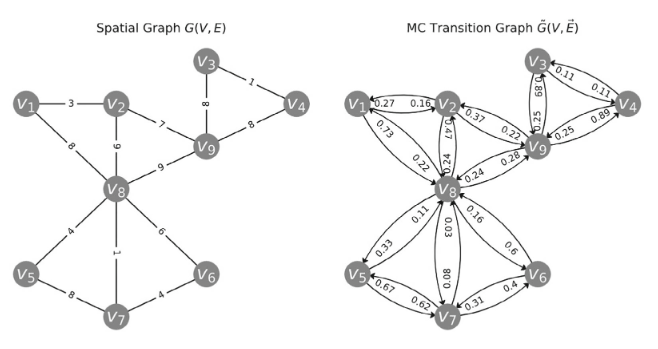 Probabilistic Regionalization via Evidence Accumulation with Random Spanning Trees as Weak Spatial RepresentationsGeographical Analysis, 2023
Probabilistic Regionalization via Evidence Accumulation with Random Spanning Trees as Weak Spatial RepresentationsGeographical Analysis, 2023
2022
-
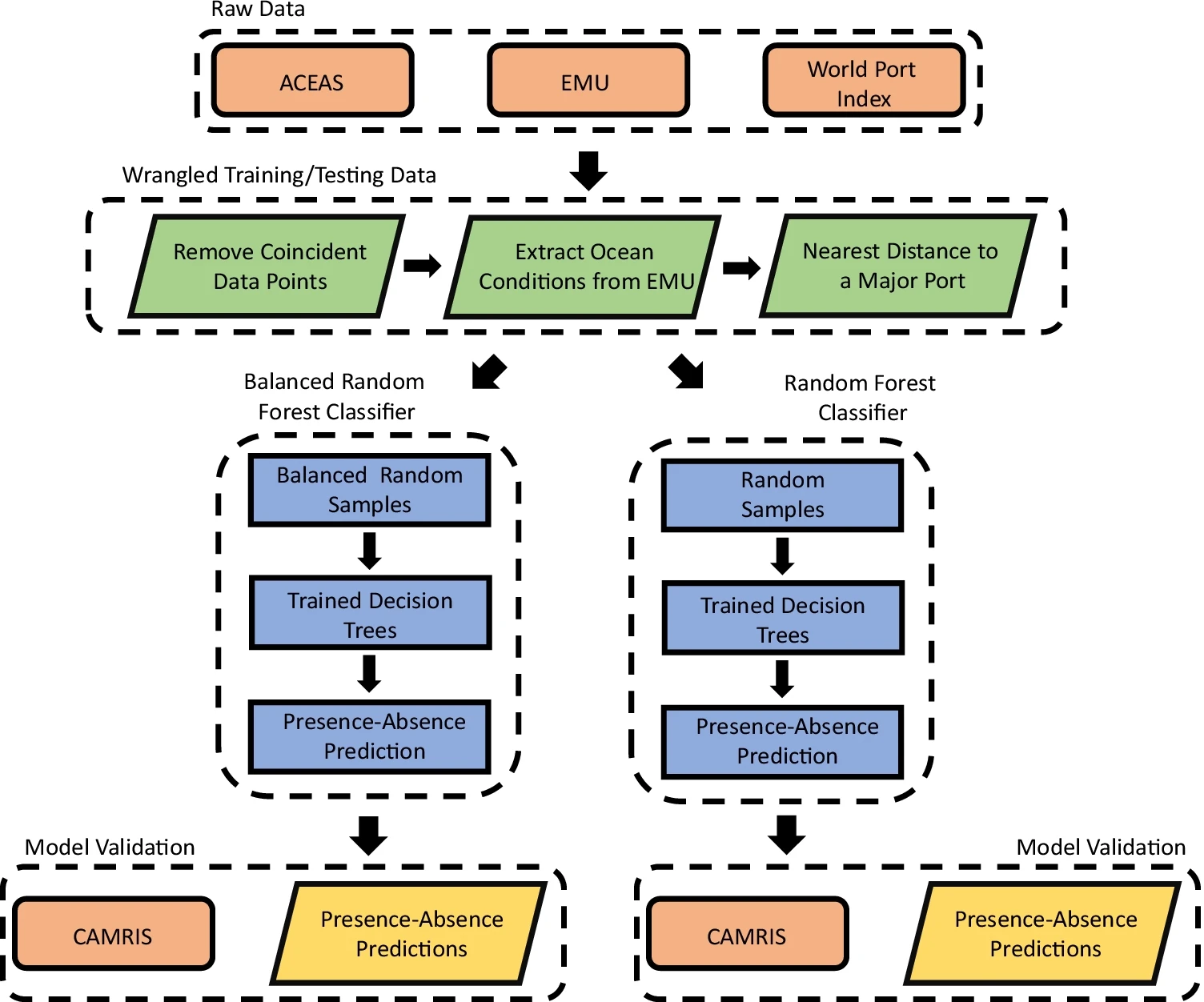 Conservation planning implications of modeling seagrass habitats with sparse absence data: a balanced random forest approachJournal of Coastal Conservation, 2022
Conservation planning implications of modeling seagrass habitats with sparse absence data: a balanced random forest approachJournal of Coastal Conservation, 2022
2021
-
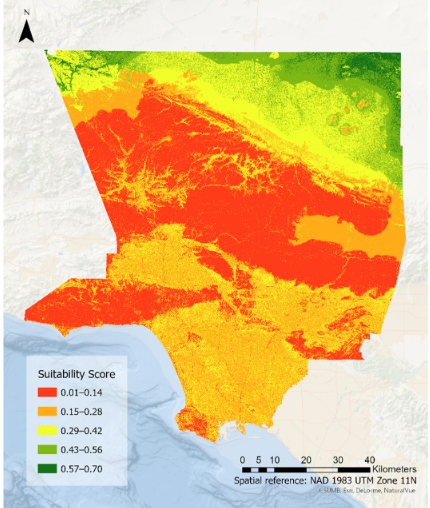 Quantifying the Impact of a Tsunami on Data-Driven Earthquake Relief Zone Planning in Los Angeles County via Multivariate Spatial OptimizationGeosciences, 2021
Quantifying the Impact of a Tsunami on Data-Driven Earthquake Relief Zone Planning in Los Angeles County via Multivariate Spatial OptimizationGeosciences, 2021
2020
-
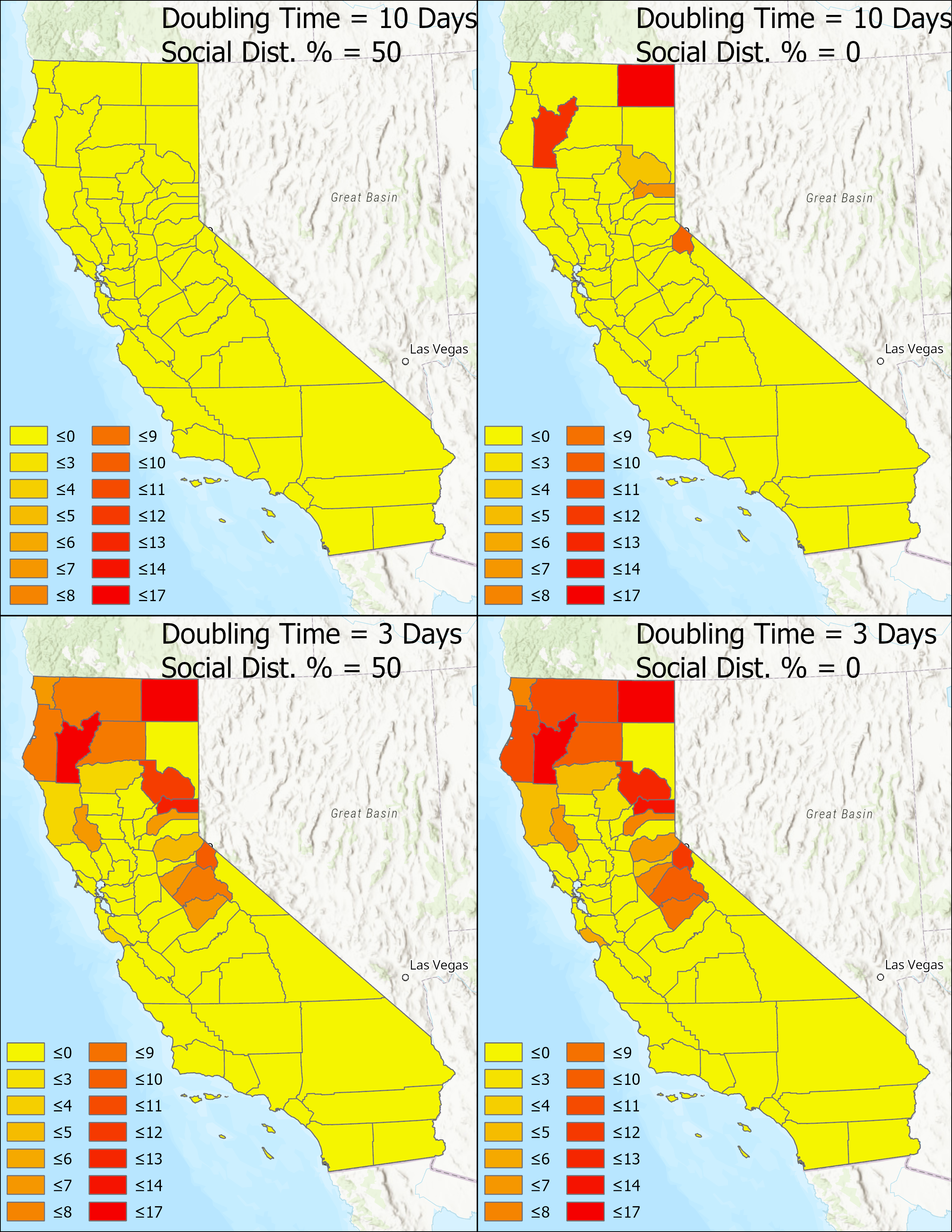 Sensitivity analysis for covid-19 epidemiological models within a geographic frameworkIn Proceedings of the 1st ACM SIGSPATIAL International Workshop on Modeling and Understanding the Spread of COVID-19, 2020
Sensitivity analysis for covid-19 epidemiological models within a geographic frameworkIn Proceedings of the 1st ACM SIGSPATIAL International Workshop on Modeling and Understanding the Spread of COVID-19, 2020
2018
-
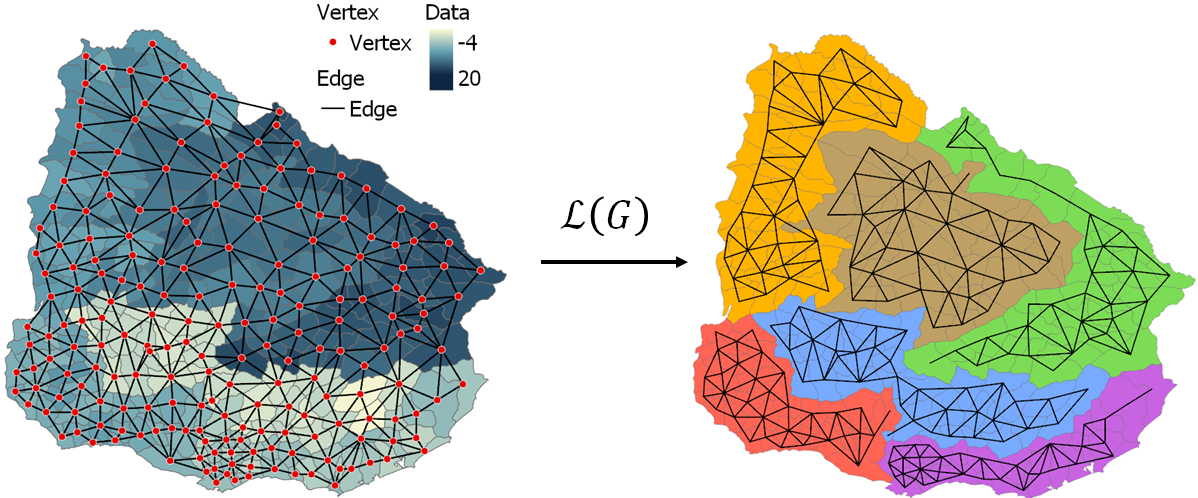 SKATER-CON: Unsupervised regionalization via stochastic tree partitioning within a consensus framework using random spanning treesIn Proceedings of the 2nd ACM SIGSPATIAL international workshop on AI for geographic knowledge discovery, 2018
SKATER-CON: Unsupervised regionalization via stochastic tree partitioning within a consensus framework using random spanning treesIn Proceedings of the 2nd ACM SIGSPATIAL international workshop on AI for geographic knowledge discovery, 2018